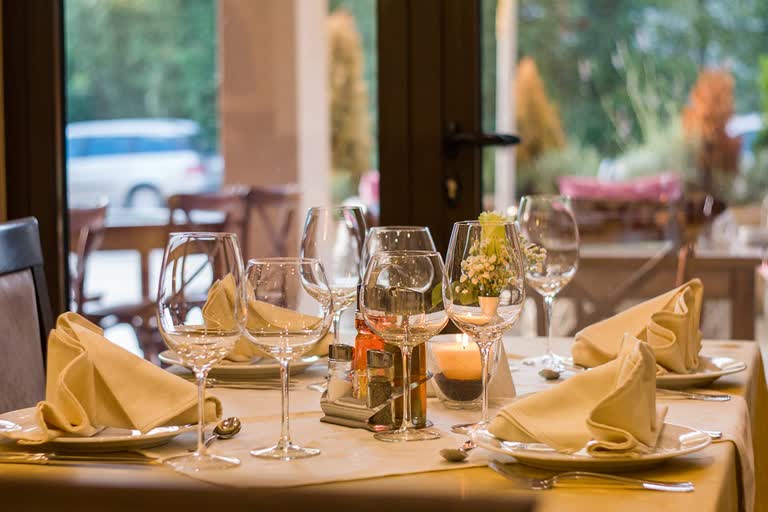New Delhi: GST officers are working out a mechanism to deal with non-payment of taxes by a large number of small restaurants and B2C entities which are collecting taxes from customers but not depositing the levy with the government.
Several consumers have filed complaints through a mobile app -Iris Peridot - that GST was charged by small restaurants but the eatery neither deposited taxes with the government nor filed GST returns.
Many customers have downloaded the Iris Peridot app, developed by a GST Suvidha Provider, allowing them to scan the unique GST Identification Number (GSTIN) of a business and find out whether the returns have been filed by the entity.
Complaints of consumers about non-filing of returns by the entities which are charging Goods and Services Tax (GST) are being forwarded on a real-time basis to the tax department for further action.
Small businesses with an annual turnover of up to Rs 1.50 crore can opt for the composition scheme and file returns quarterly. However, such businesses are not allowed to charge GST from consumers and are required to print on their invoice that they are under the composition scheme and hence not supposed to charge GST on supplies.
Under the composition scheme, traders and manufacturers pay 1 per cent GST on their turnover, while restaurants and service providers pay 5 per cent and 6 per cent taxes respectively.
"We have received several complaints from consumers with regard to charging of GST by entities who have not been filing returns. Some customers have also flagged the issue of charging of GST by small local restaurants who otherwise would be under the composition scheme," an official told PTI.
Read more:Housing sales down 5% in January-March 2019: PropTiger
